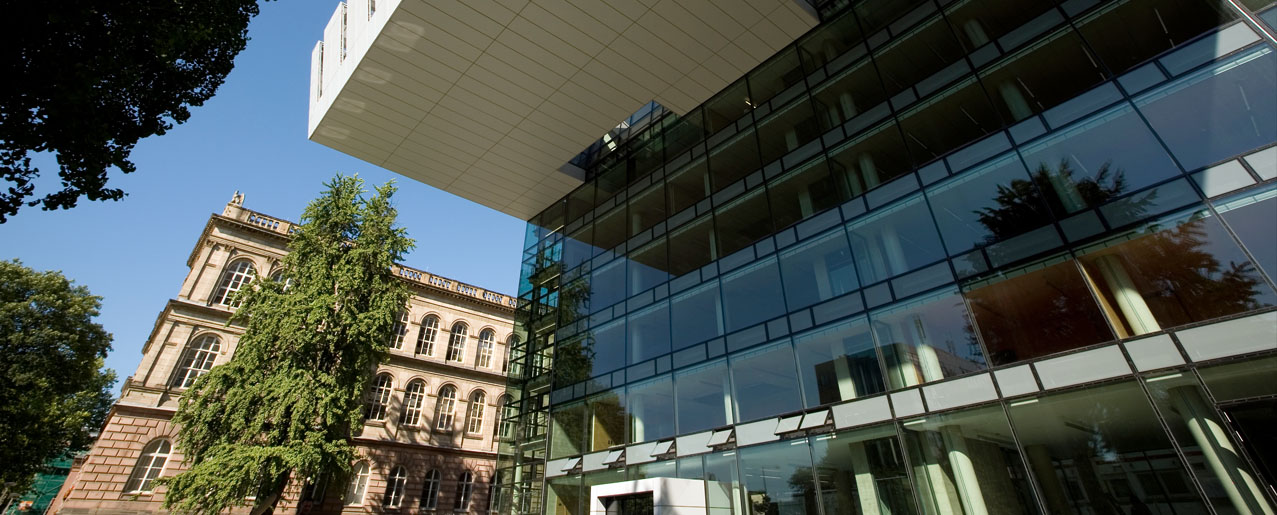Due to the current travel restrictions, students are unable to take part in exchange programs or experience study periods abroad. RWTH Aachen University has, therefore, launched a unique research internship opportunity for 25 students from the USA and Canada – taking place entirely online and over a distance of more than 6,000 kilometers.
Every year, from May to July, the RWTH International Office supervises the Undergraduate Research Opportunities Program (UROP) International. American and Canadian students then come to Aachen for a ten-week research internship. To make student exchange possible despite the current COVID 19 pandemic, the Chair of Information Management in Mechanical Engineering (IMA) adapted the project plan and designed a concept for a virtual encounter. On this basis, the International Office created a comprehensive virtual experience consisting of tours, buddy offers, and a welcome event.
In the coronavirus-plagued year of 2020, 25 students from North America are now remotely active in 13 RWTH institutes and departments from seven different faculties. Their home universities include the University of Alberta, the University of British Columbia, Carnegie Mellon University, the University of Pennsylvania, and Harvard University. They work on topics explored by their host departments, take part in virtual team meetings, exchange information with their supervisors in Aachen via video conferencing or meet online with their student “buddies.” In this way, tours of the institute and research projects can also be experienced remotely.
Vice-Rector Professor Ute Habel, responsible for International Affairs, is convinced that the digital format offers real benefits: “Virtual UROP International 2020 shows that transatlantic student exchanges and intercultural experiences are possible even during the current COVID 19 pandemic. We are very pleased with the great interest shown by both the students and our institutes. We are sure that these experiences will help boost the digitization of RWTH.” In her opinion, virtual study abroad programs could complement physical exchange formats even after the pandemic is over while also creating a lasting interest in studies at RWTH.

